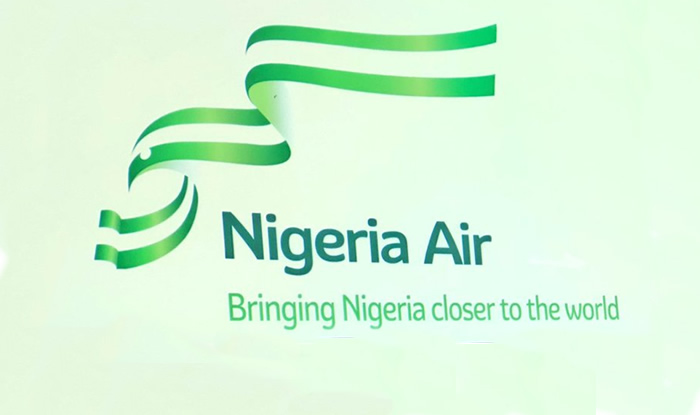- Ex-NAL Workers’ Entitlements: Aviation Unions Threaten to Stop Nigeria Air
The National Executive Council of the Air Transport Services Senior Staff Association of Nigeria has threatened to shut down activities at airports across the country, if the Federal Government fails to settle all labour issues including payment of the defunct Nigeria Airways Limited workers’ severance package before going ahead with the planned establishment of Nigeria Air.
Similarly, the National Union of Air Transport Employees says there will be no national carrier unless the entitlements of the ex-workers of the defunct airline were paid.
ATSSSAN, in a communiqué issued on Monday, following a meeting of its National Executive Council, stated that over 960 Nigeria Airways workers had died in very avoidable health conditions while waiting for their entitlements.
The communiqué, which was signed by the National President, Ahmadu Ilitrus, and Deputy General Secretary, Frances Akinjole, read in part, “NEC-in-session laments the failure of the Federal Government to settle the outstanding entitlements of ex-workers of Nigeria Airways several years after the airline was liquidated.
“NEC appreciates the selfless efforts of President Muhammadu Buhari, who finally gave approval for the payment of N45bn towards the settlement of the entitlements sometimes last year, yet condemns the non-payment as of date, and has resolved that the issue of payment of the severance benefits of ex-Nigeria Airways workers must be resolved immediately in order to forestall brewing labour issues that could affect, in the negative, the prospects of the recently unveiled Nigeria Air by the Federal Government.”
The association warned that if the Federal Government failed to pay the workers their entitlements, it would not guarantee any place for the new airline in the industry.
The General Secretary, NUATE, Olayinka Abioye, told our correspondent that there would be no national carrier if former Nigeria Airways workers’ entitlements were not paid.
“The three unions, NUATE, ATSSSAN and the National Association of Aircraft Pilots and Engineers, are working together to ensure this money is paid to the ex-NAL workers. Three weeks ago, we sent a letter to President Buhari, urging him to look at the issue again because there have been some misconceptions arising from the initial approval given more than one year ago for the payment. As it is, we do not know what is happening but we know there cannot be a national carrier except the money is paid,” he said.
ATSSSAN also threatened to shut down activities at airports across the country, if the Federal Government failed to settle all labour issues before going ahead with the planned concession of airports.
It added that the concession of four airports – the Murtala Muhammed International Airport, Lagos, Nnamdi Azikwe International Airport Abuja, Port Harcourt Airport and Aminu Kano Airport, Kano – operated by the Federal Airports Authority of Nigeria would cripple the agency as they were major revenue earners.
It stated, “The ATSSSAN NEC fears that if the government succeeds with the concession of the airports, the entire operations of FAAN will collapse, as all other airports operated by FAAN are maintained or supplemented with revenue generated from the four referenced airports.
“FAAN has huge pension liabilities and will not be able to settle its pension obligations to retirees; safety at our airports will be compromised; and salaries of the over 6,900 members of staff scattered around the 22 airports presently managed by FAAN would be compromised.”
The association said the concession would also lead to high airports charges in the affected airports which would affect airlines, and by direct implication, result in high air ticket prices.
It advised the Federal Government to look at other successful models of managing airports such as those that had been done in South Africa, Egypt, Namibia, Ghana and other civil aviation jurisdictions around the world.
“The NEC, therefore, mandated the leadership of ATSSSAN to keep vigil and that perhaps the government insists on the concession of the airports as planned, ATSSSAN must insist that all labour issues including workers’ entitlements and pension rights are settled by the government; failing which ATSSSAN shall not guarantee industry peace at our airports,” it added.

 Forex3 weeks ago
Forex3 weeks ago



 Naira2 weeks ago
Naira2 weeks ago
 Billionaire Watch2 weeks ago
Billionaire Watch2 weeks ago




 Naira2 weeks ago
Naira2 weeks ago




 Naira2 weeks ago
Naira2 weeks ago






 Naira4 weeks ago
Naira4 weeks ago


 Naira1 week ago
Naira1 week ago






 Naira4 weeks ago
Naira4 weeks ago






















